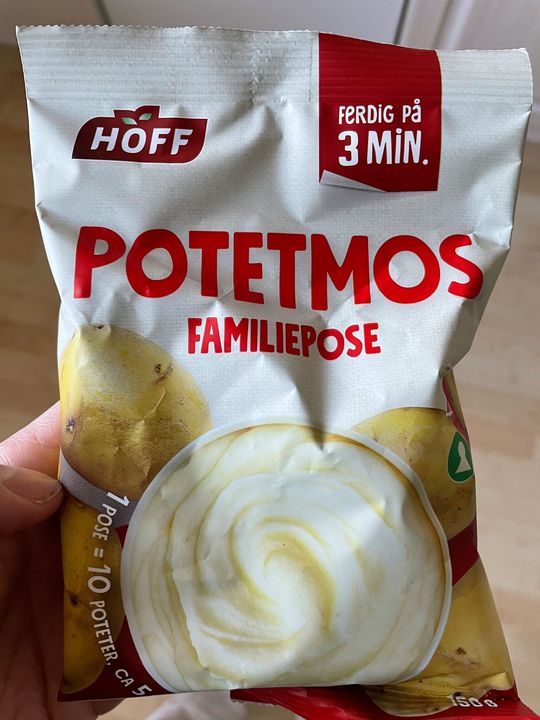One of the hardest things I’ve had to do in Norway is crossing the street.
Crossing the street requires years of understanding of the unwritten rules of how people drive in your neighborhood, your town, your state, and your country. In the US, we are taught to look both ways before we cross the street, to wait for cars to come to a stop, to make sure the driver sees us. It is the pedestrian’s responsibility to stay safe and keep out of the driver’s way. Under no circumstance are you to trust that the other driver will stop.
But in Norway, it is the driver’s responsibility to ensure that they stop when someone is in the crosswalk. This role reversal results in scenarios that seem odd to me. For example, if I wait at the crosswalk, usually nobody stops, because they assume that I do not want to cross the street, since I don’t look like I am trying to cross the street. What the Norwegian pedestrians do is simply barrel straight through the crosswalk without stopping or looking, assuming the cars will stop for them. In general, the accepted stopping distance is about 10% of what it is in the US, so drivers will wait until the last second and then slam on the brakes. After thirty years of watching cars slowly pull up to a crosswalk, my instincts are screaming at me to jump back to safety when I step out into the street and see a van hurtling down the road.
It gets worse in the darkness. Sunset is around 3:15 pm local time, and we have a ways to go until the winter solstice. I was walking home from the grocery store, laden down with a couple Frydenlund Juleøl (Christmas beer, whatever that is) and a frozen pizza, when I came up to the crosswalk across from my street. I saw a big, beat-up old red van flying down the hill at probably double the speed limit, so I stopped and waited at the curb. The driver saw me at the last second and slammed on his brakes, screeching to a halt just before the crosswalk, pitching his entire car forward a few inches. If anyone in the back seat had a drink, they don’t anymore. So I waved and hurried across the street.
The van put on its blinker and turned, following me slowly down the street. I glanced back for a second and he rolled down the window. In America this usually means you’re about to get screamed at, or worse, asked for directions.
Instead all he said was, “Unnskyld.” “I’m sorry.”
“It’s OK!” I said, relieved. “Det går bra!”
“OK,” he said, smiling, and three-point-turned to head back on his way.
